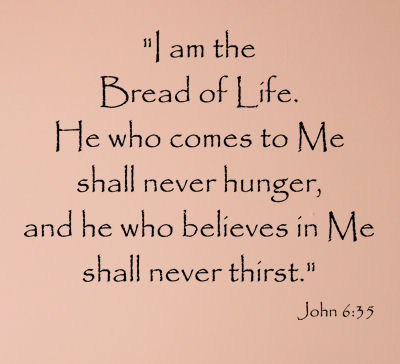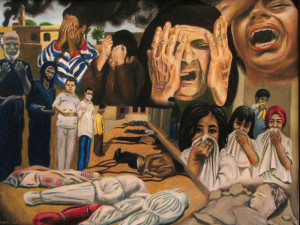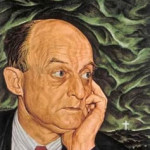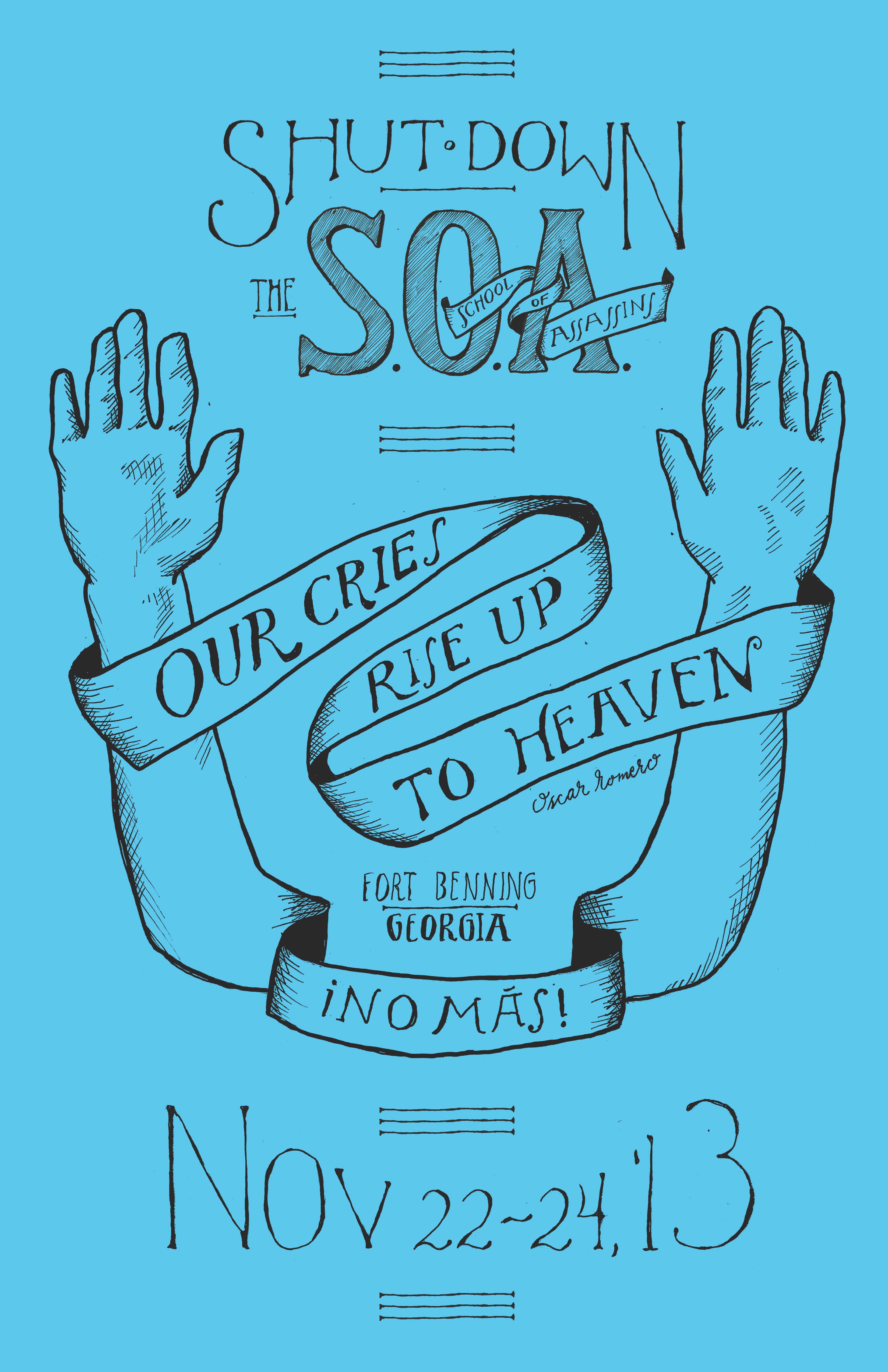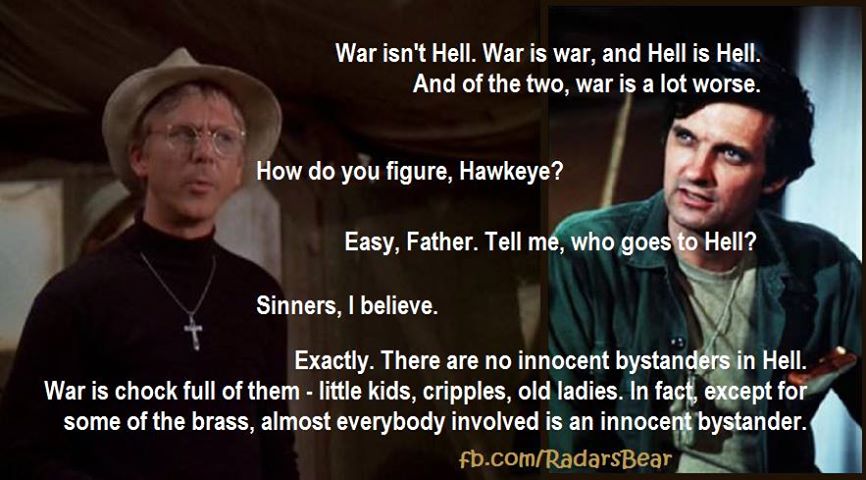The story of Gabriel Brown, former decorated soldier turned Blackwater employee turned armed robber, is sad indeed. He blamed his military “service” (he killed people whom he believed posed no real threat to him because he was ordered to) on his downward spiral in life, leading to drug use, adultery, gambling, debt, an addiction to adrenaline, and a feeling of shame, of being lost and feeling suicidal.
The Tampa Florida Tribune reports: “I was ordered to kill the man even though to me it seemed as if he was just ordinary guy coming out of his house. It was a difficult moment in my career as a sniper because in my opinion he was not a threat. It is not easy to kill people, and if you have to kill someone who you suspect is innocent just because you are ordered to do so, it is even worse. I still have nightmares about the man that I killed.”
Why do Christians keep lauding this kind of “service” that does not produce the fruit of the Spirit but it’s exact opposite? If a form of service does not produce the fruit of the Spirit, how can we say that the one being served is God? Who, or what, are these soldiers really serving?
Galatians 5:13-23: “Now the works of the flesh are obvious: immorality, impurity, licentiousness, idolatry, sorcery, hatreds, rivalry, jealousy, outbursts of fury, acts of selfishness, dissensions, factions, occasions of envy, drinking bouts, orgies, and the like. I warn you, as I warned you before, that those who do such things will not inherit the kingdom of God. In contrast, the fruit of the Spirit is love, joy, peace, patience, kindness, generosity, faithfulness, gentleness, self-control.”

